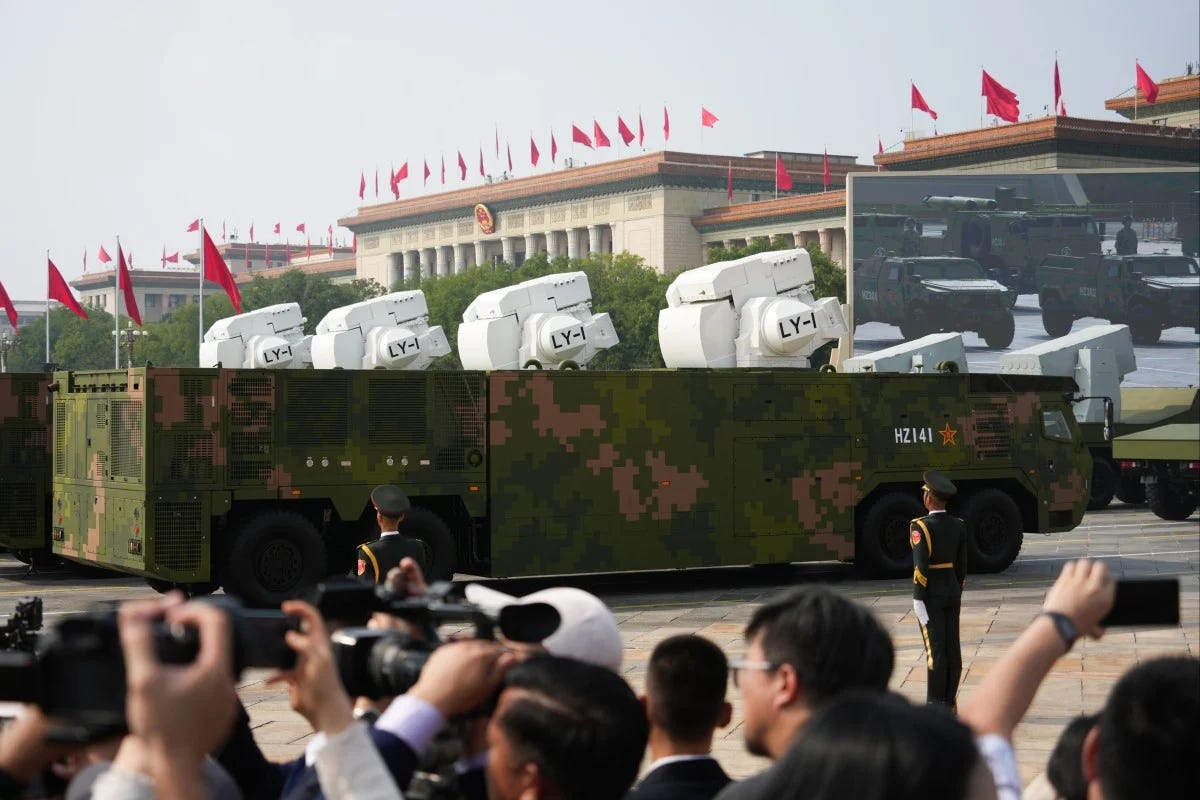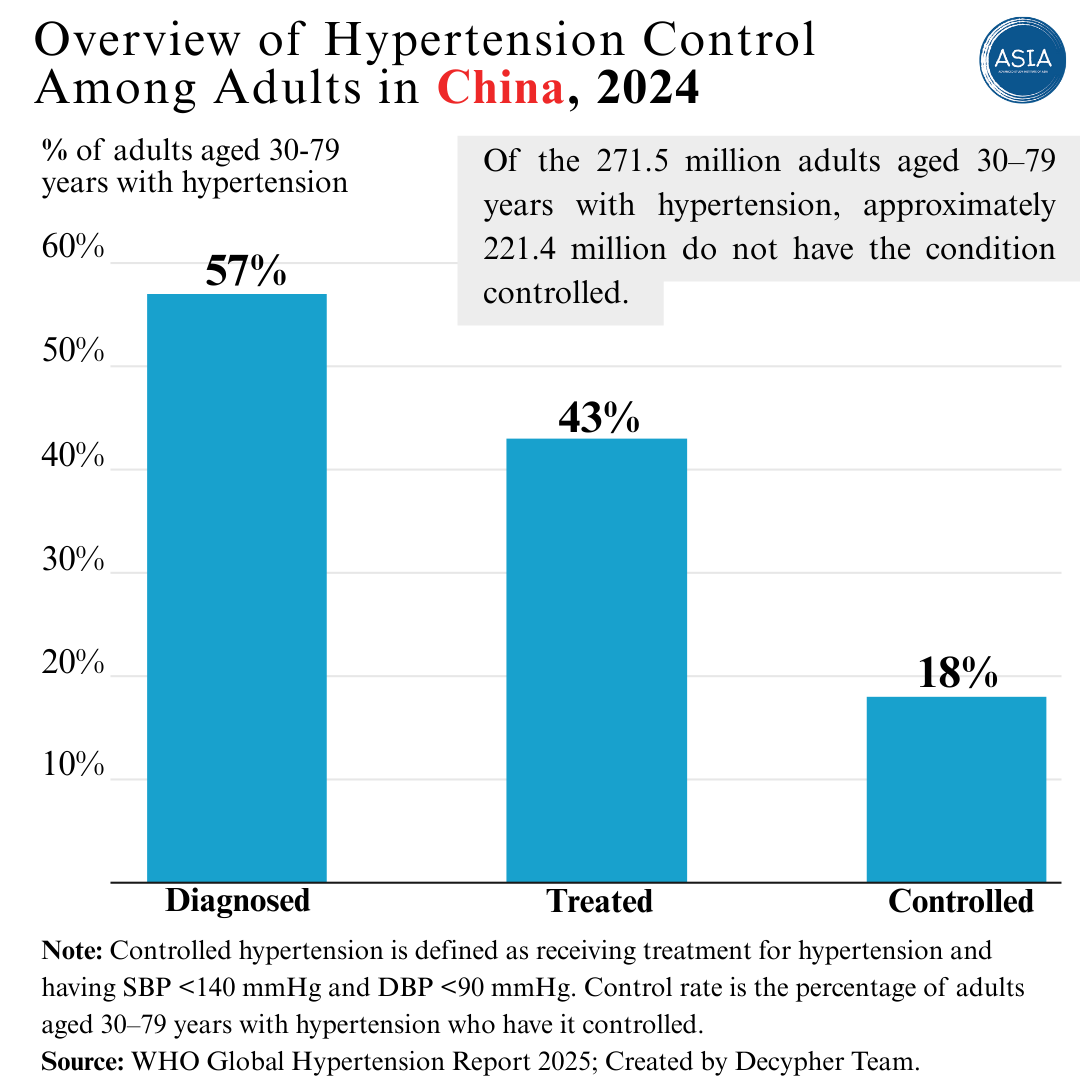China This Week: Xi on Xinjiang Stability, Trump’s TikTok Order, Pakistan Eyes Chinese Lasers
This week in China, we explore key shifts in its domestic and foreign policy landscape.
China Quote 🗩
“It takes away one of the criticisms in the organisation that allowing countries that are relatively well-off to have access to these privileges.”
– WTO Director-General Ngozi Okonjo-Iweala, speaking on China giving up its claim to “developing country” special treatment in the WTO reform process
Economic Activity🏦
Trump signs executive order to transfer TikTok to US owners
The Guardian reports that Donald Trump signed an executive order to transfer TikTok to US ownership, separating it from ByteDance. The deal gives US investors, led by Oracle, an 80% stake and control over the algorithm, with ByteDance holding under 20%. A new $14bn US entity will be overseen by a largely American security-focused board. The move resolves legal threats of a US ban while tightening Washington’s grip on the tech industry.
China signals shift on WTO ‘developing country’ status
AP News reports that Premier Li Qiang told the UN General Assembly China will no longer seek the special advantages reserved for developing countries in global trade talks. While Beijing still identifies as a developing nation, Li said China is willing to assume “responsibilities consistent with its level of development,” signalling a major policy shift as WTO reforms gather pace. The move comes amid long-standing U.S. criticism that China benefits unfairly from preferential treatment despite being the world’s second-largest economy.
China probes Mexico’s tariffs on Asian imports
AP News reports Beijing has opened an investigation into Mexico’s plan to levy tariffs of up to 50% on 1,400 Asian products, warning the move harms third-party interests. China also launched an anti-dumping probe into Mexican and U.S. pecans. Mexico says the tariffs are to protect local factories, not due to U.S. pressure. China was Mexico’s second-largest supplier in 2024, with $130 billion in exports.
CATL surges to overtake Moutai as China’s third largest stock
Bloomberg reports that battery giant Contemporary Amperex Technology Co. Ltd. (CATL) has surpassed liquor maker Kweichow Moutai to become China’s third most valuable locally listed company. CATL’s shares rose as much as 6% to a record high, lifting its market capitalisation to 1.83 trillion yuan ($257 billion), just ahead of Moutai’s 1.8 trillion yuan. The rally reflects strong investor confidence in the growing demand for electric vehicle batteries.
Glenmark arm inks $1.1 billion oncology deal with China’s Hengrui
CNBCTV18 reports that Glenmark Pharma’s unit, Ichnos Sciences, has signed a licensing and collaboration pact worth up to $1.1 billion with China’s Hengrui Pharma for a bispecific antibody cancer drug. The deal includes an upfront $50 million payment, development and sales milestones, and royalties, sending Glenmark’s stock up nearly 14% in Mumbai trading.
China ramps up Argentine soybean purchases to 35 cargoes
Bloomberg reports that China has boosted soybean imports from Argentina to at least 35 cargoes after Buenos Aires suspended export taxes, sidelining US farmers who normally dominate the trade at this time of year. Most shipments are expected to be loaded in November, according to traders familiar with the matter.
Wealthy investors from US, China and Hong Kong drive surge in New Zealand ‘golden visas’
The Guardian reports that applications for New Zealand’s Active Investor Plus visa have nearly tripled since rules were relaxed in April, lowering investment thresholds and residency requirements. The scheme has attracted 308 applications, led by 129 from the US, 45 from China and 38 from Hong Kong, bringing in almost $250 million in approved investments so far.
Chinese solar panels drive Africa’s renewable surge as costs fall
South China Morning Post reports that African imports of Chinese-made solar panels hit a record 9,516MW in the first seven months of 2025, up from 6,625MW a year earlier. Led by South Africa, Algeria and Nigeria, the surge reflects growing reliance on solar to offset blackouts and expand access, with imports in some countries more than quadrupling. Analysts credit China’s cost-cutting dominance producing 80% of the world’s panels with making solar the cheapest energy source, rapidly reshaping Africa’s power landscape.
Inside China🐉
China’s Xi urges efforts to maintain social stability in Xinjiang
Reuters reports that Xi Jinping urged officials in Xinjiang to prioritise social stability during his visit marking the region’s 70th anniversary. He called for stronger counterterrorism measures, tighter ideological control, and economic development despite US sanctions. Xi pressed for building industrial clusters and boosting innovation to offset sanctions’ economic toll. His visit highlights Beijing’s dual strategy of security and growth in the region.
Nearly 2 million evacuated as Typhoon Ragasa batters southern China
CNN reports that almost 2 million people were evacuated in Guangdong as Typhoon Ragasa struck, after killing at least 14 in Taiwan when a natural dam burst. The storm paralysed Hong Kong, Macao and Shenzhen with winds over 180 km/h, flooding streets, shattering hotel doors and injuring dozens. Though downgraded to a severe tropical storm, Ragasa continues to bring heavy rain and storm surges across southern China before expected dissipation over Vietnam.
China Calls on Citizens to Report Negative Posts Online
Newsweek reports that China has launched a two-month campaign urging citizens to report online posts spreading “defeatist” or pessimistic views. Regulators are targeting rhetoric such as “hard work is useless” and content deemed to incite hostility or panic. Platforms and accounts found violating rules face punishment, while users are encouraged to flag infractions. The move comes amid economic pressures and growing censorship of dissent.
China commits to first absolute emissions cut target
BBC reports that President Xi Jinping has pledged to cut China’s greenhouse gas emissions by 7–10% by 2035, marking the country’s first absolute reduction goal. The commitment, covering all greenhouse gases, comes as the US retreats from climate action under President Trump. While analysts say the target falls short of what is needed to keep global warming within 1.5°C, China’s rapid expansion of renewables and past record of overachieving on climate pledges suggest potential for deeper cuts.
China and the World🌏
Chinese premier calls for closer cooperation with EU
China Daily reports that Premier Li Qiang urged the EU to work with China to deepen bilateral ties as the two mark 50 years of diplomatic relations. Meeting European Commission President Ursula von der Leyen in New York, Li called for enhanced mutual trust, fair competition, and avoidance of politicising trade. He emphasised joint responsibility in global affairs, while von der Leyen highlighted cooperation on trade, investment, climate change and sustainable development.
Xi steps back as Premier Li takes the stage at UN
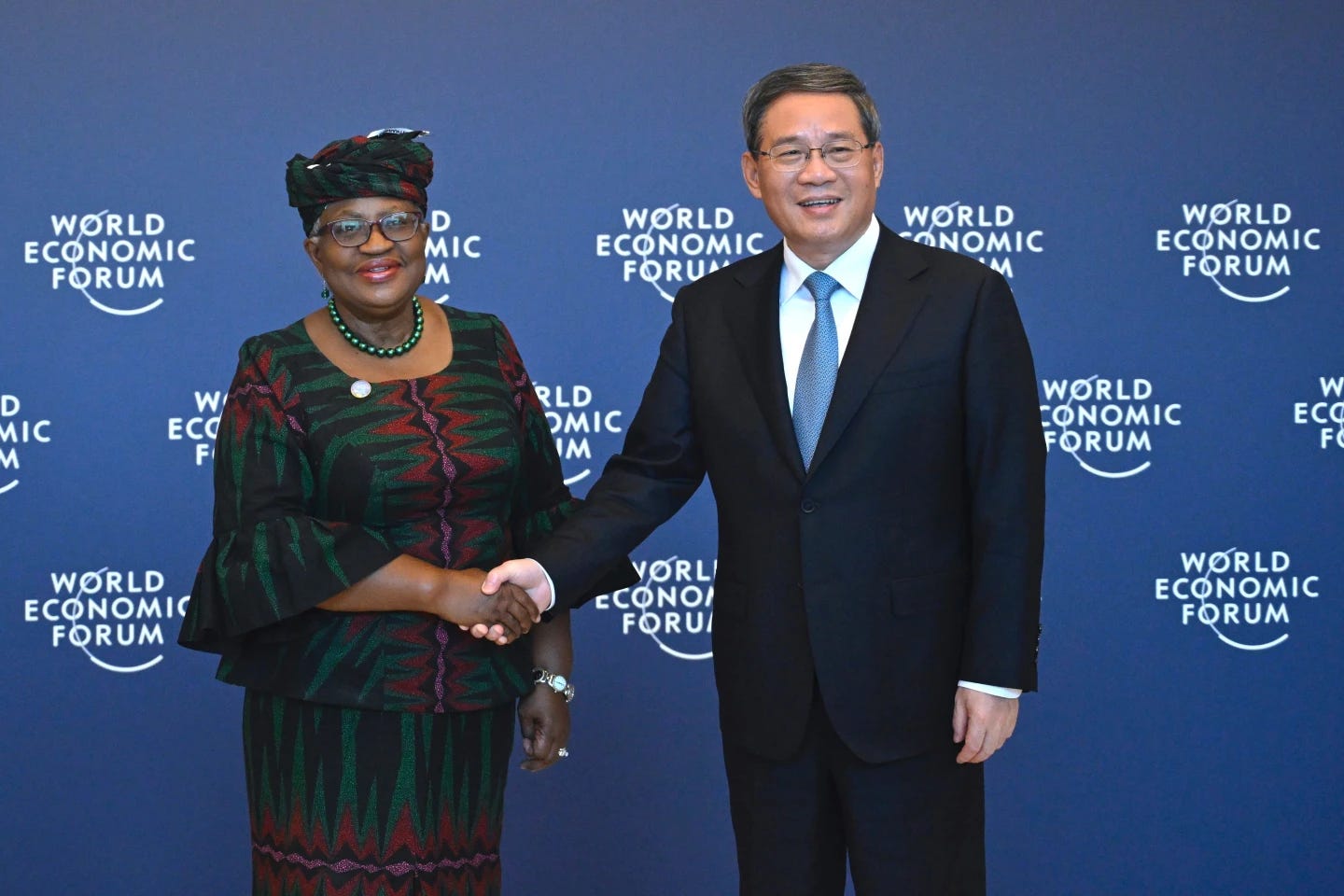
Associated Press reports that President Xi Jinping skipped this year’s UN General Assembly, delegating the address to Premier Li Qiang in a sign of his increasingly hands-off leadership style. Analysts note Xi is travelling less post-pandemic, instead relying on loyal lieutenants while retaining ultimate authority. Li, who has already met European and Canadian leaders in New York, announced China would forgo developing-country privileges in WTO talks, while Xi reserved the high-profile climate pledge for himself via video.
China wants a ‘super-embassy’ in London — sparking anger and spying fears
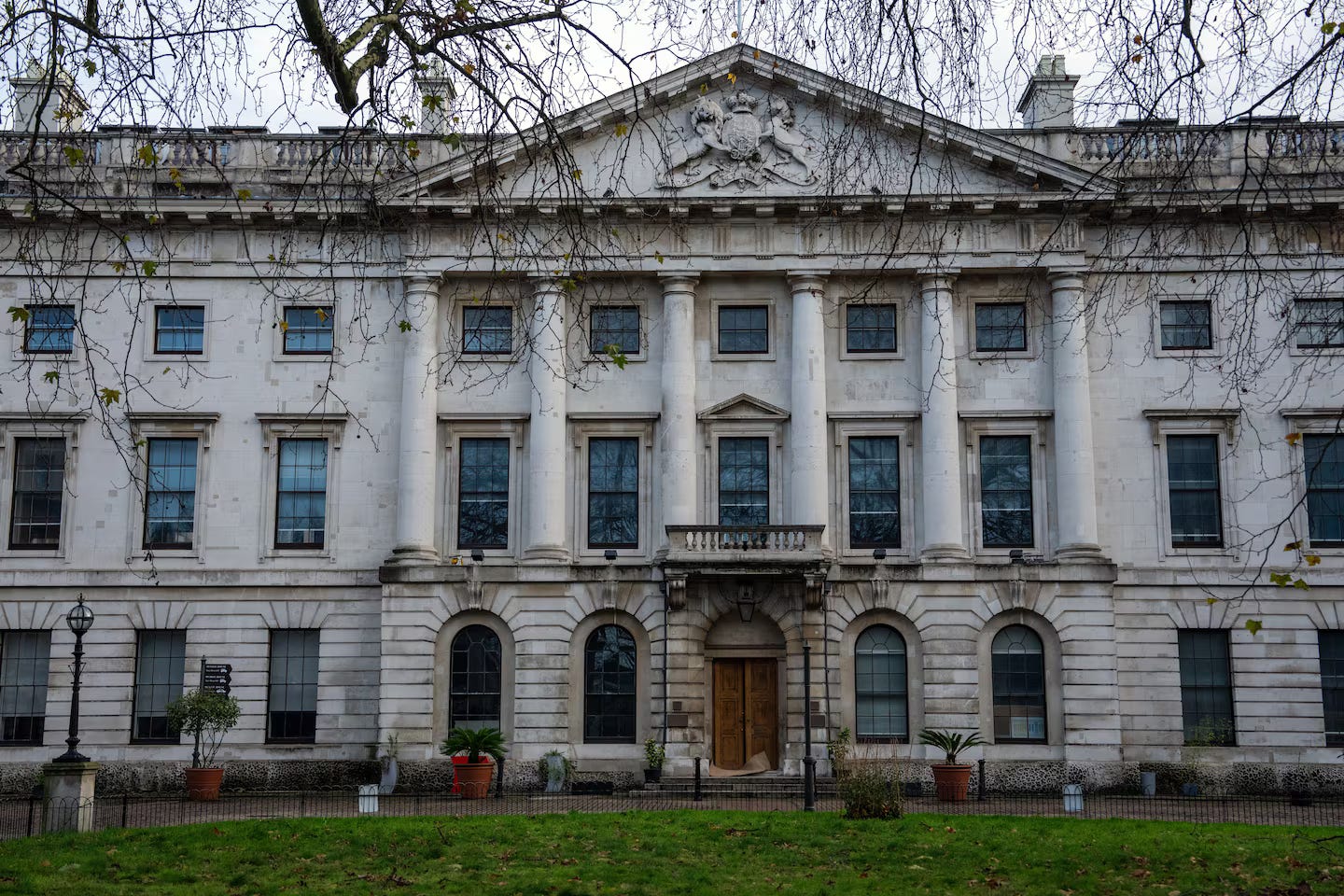
The Washington Post reports that China’s plan to build a vast new “super-embassy” in London has triggered security fears over espionage. The proposed 610,000 sq ft site at Royal Mint Court would dwarf the US embassy and sit near key financial hubs and communications cables. Critics warn it could enable surveillance or intimidation of dissidents, while China dismisses the concerns as “slander.” The UK government will soon decide whether to approve the controversial project.
Trump’s push to reclaim Bagram Air Base cites proximity to China’s nuclear program
CBS News reports that President Trump wants the U.S. to reclaim Afghanistan’s Bagram Air Base, citing its proximity to China’s military sites. Experts note the nearest nuclear test range at Lop Nur is over 1,200 miles away, though the region hosts major weapons facilities. The Taliban has rejected any U.S. return, referencing the 2020 Doha agreement. Analysts say Trump’s push faces steep obstacles, as the Taliban is unlikely to hand over a base it fought decades to control.
Pakistan eyes Chinese laser weapons
South China Morning Post reports that Pakistan is interested in integrating Chinese high-energy laser systems, according to former navy vice-admiral Ahmed Saeed. Speaking at the Xiangshan Forum, Saeed said Islamabad “would love to see some integration” with China’s directed-energy weapons, including the LY-1 laser showcased at Beijing’s recent military parade. The system is designed to disable drones and electronics, and is viewed as China’s counterpart to US naval laser platforms. Pakistan already accounts for 63% of Chinese arms exports.
Curator flees Bangkok after China pressures museum
New York Times reports that a Myanmar curator fled Thailand after Chinese and Thai officials pressured Bangkok’s Art and Culture Center to censor works critical of Beijing. Four artists from Hong Kong, Tibet and Xinjiang had their names blacked out, and flags symbolising Tibetan and Uyghur identity were removed. The exhibition, Constellation of Complicity, explores authoritarian cooperation, including Myanmar’s civil war and Chinese arms supplies.
Tech in China🖥️
BYD says it has a backup plan if cut off from Nvidia chips
CNBC reports that Chinese EV giant BYD is prepared with contingency measures if Beijing restricts the use of Nvidia’s automotive chips. Executive Vice President Stella Li confirmed that BYD has not been told to stop using Nvidia products, but stressed the company’s in-house technology and supply chain integration give it flexibility if needed. While Nvidia’s AI chips face tighter U.S.-China scrutiny, Li noted that its automotive semiconductors, such as the Drive AGX Orin system used by BYD, are unlikely to be banned.
Tencent backs Chinese AI chips amid push to cut reliance on Nvidia
SCMP reports that Tencent Cloud has fully integrated support for Chinese-designed AI chips into its computing infrastructure, reinforcing Beijing’s tech self-sufficiency drive amid U.S. export curbs. President Qiu Yuepeng said the company is committed to “mainstream domestic chips” and is cooperating with multiple local firms to tailor hardware for different AI applications. The move aligns with broader industry efforts, including the Model-Chips Ecosystem Innovation Alliance launched in July, to build resilience against reliance on Nvidia.
TSMC unveils energy-efficient AI chip innovations
Asia Business Outlook reports that Taiwan Semiconductor Manufacturing Co. (TSMC) has introduced new strategies to boost the energy efficiency of AI chips, addressing rising power demands in data centres. Key advances include chiplet technology, which could increase efficiency tenfold by combining smaller chips into a single package, and the adoption of AI-powered design tools from Cadence and Synopsys that drastically cut development time.
Decypher Data Dive📊
According to the Global Hypertension Report 2025, the number of adults living with hypertension worldwide reached 1.4 billion in 2024. In China, among the 271.5 million adults aged 30–79 years with hypertension, approximately 221.4 million do not have the condition controlled. An estimated 154.8 million (57%) have been diagnosed, and 116.7 million (43%) are receiving treatment, yet only 18% have their condition under control.
Image of the Week📸
As Super Typhoon Ragasa approaches Hong Kong, residents prepare
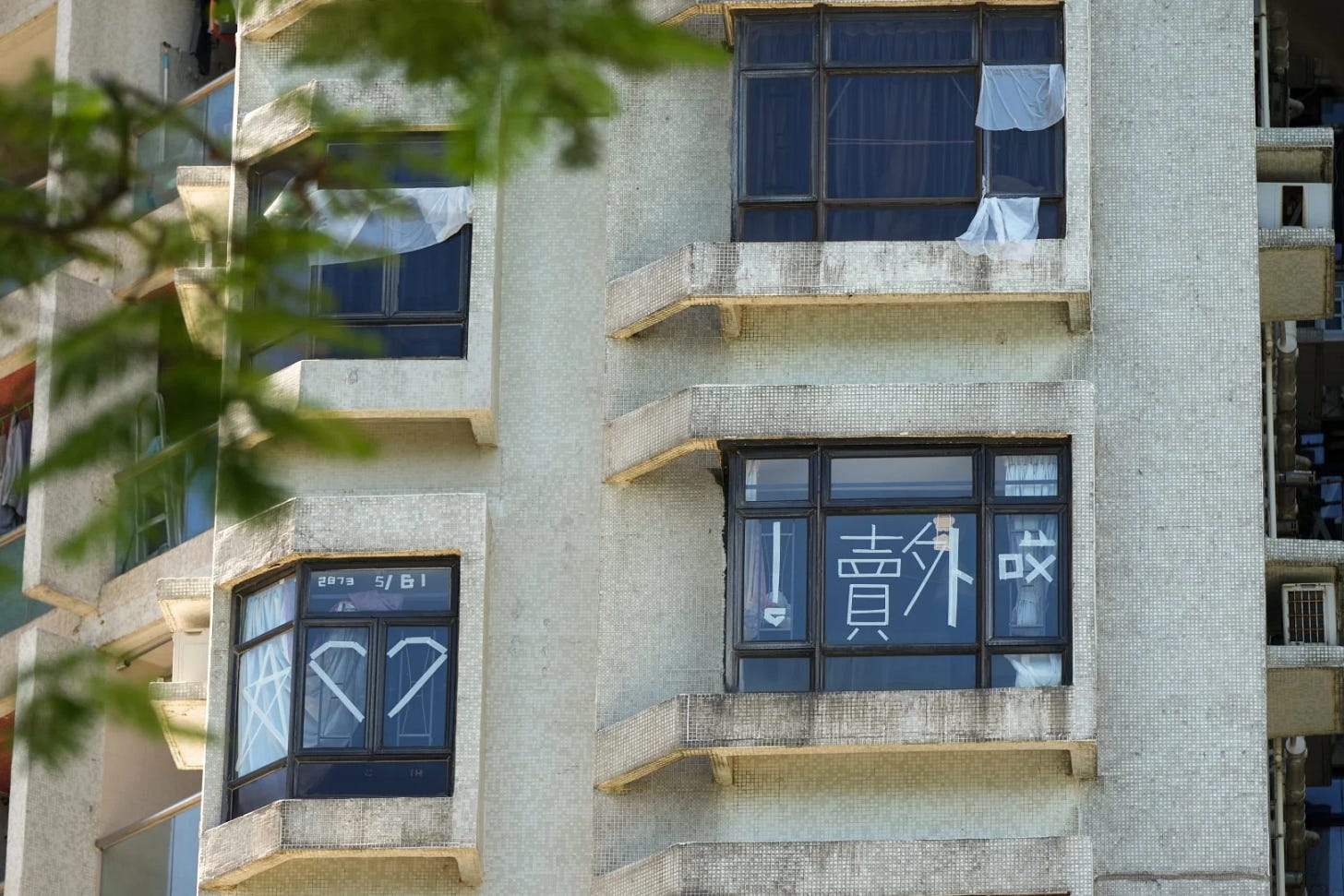
— — —
Data By Bhupesh
Edited By Aurko
Produced by Decypher Team in New Delhi, India
— — —


